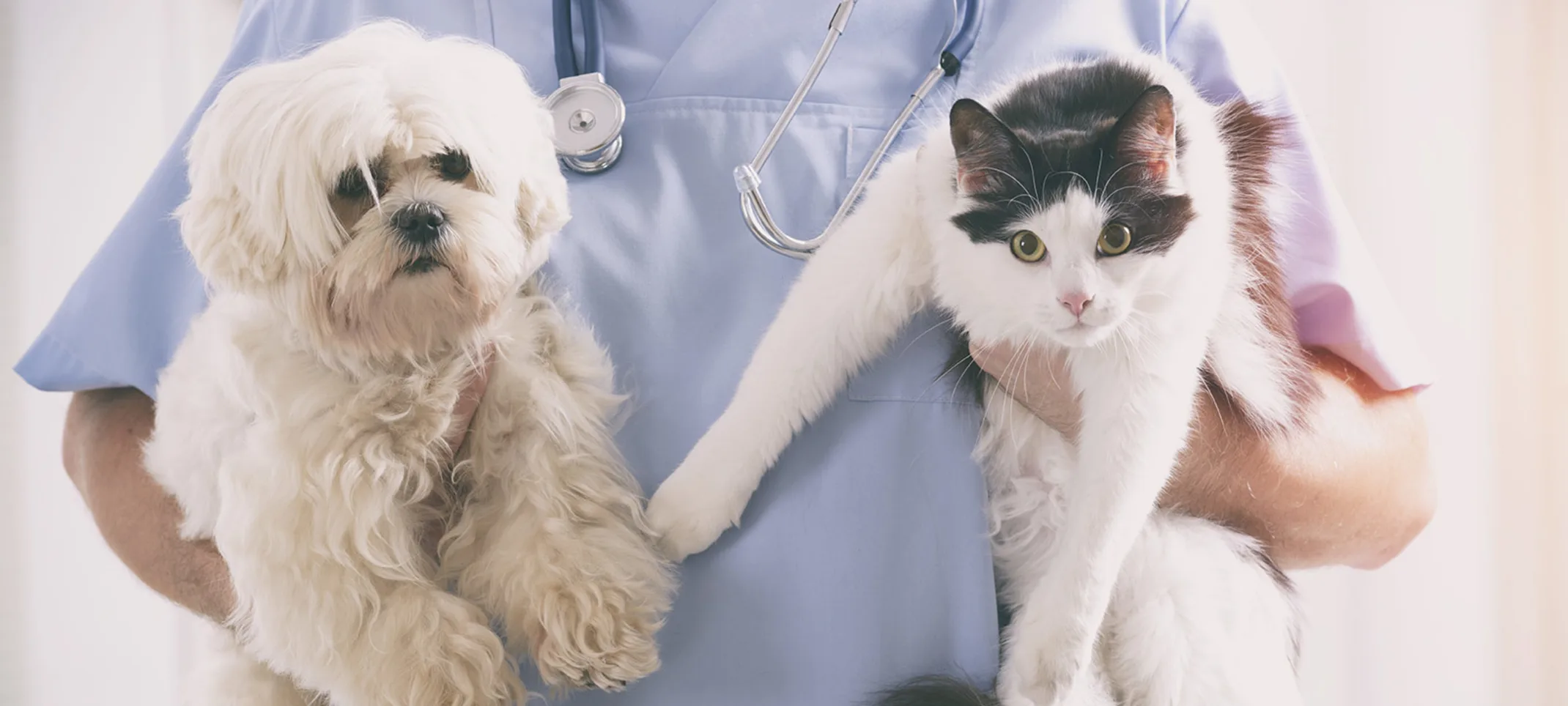Brown Trail Animal Hospital
Urology
Urinary diseases are some of the most common and severe disorders in pets. We can diagnose and treat many of these urological conditions.

Overview
Veterinary urology deals with the diagnosis and treatment of the urinary tract and kidneys. Urinary diseases (especially UTIs) are some of the most common and severe diseases in dogs, cats, and other animals. Oftentimes symptoms go unnoticed until they become life-threatening.
Why would my pet need urology treatments?
Some symptoms and urological disorders may be caused by a concurrent condition. If your pet is experiencing any of the following, you should bring them in to see us for an examination. However, urinary obstruction is a medical emergency, so if your pet is unable to pass urine they need to be treated immediately.
Fever
Bloody or cloudy urine
Inability to urinate
Loss of bladder control
Strong urine odor
Increased frequency of urination
Soiling inappropriate places
Obsessive licking of urinary opening
Lethargy
Weight loss
Vomiting
When would my pet need urology treatments?
Depending on the pet’s symptoms and examination, your veterinarian may diagnose your pet with a urinary disease. Urinary diseases are common diseases in animals, and require medical attention. Common urological disorders include:
Urinary tract infection
Kidney disease and failure
Urine crystal and bladder stones
Incontinence
Urinary tract obstruction
Feline urological syndrome
How will you treat my pet?
Depending on the diagnosis, we may recommend any of the following treatment options. Some conditions are simply treatable with medications, while others may require surgery.
Antibiotics
Nutritional counsel and dietary management
Medical therapy
Drug Therapy
Urethral bulking
Blood pressure control
Urethral catheterization
Surgery
Renal transplantation
Interventional radiology
Minimally invasive surgery
Soft tissue surgery

